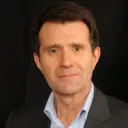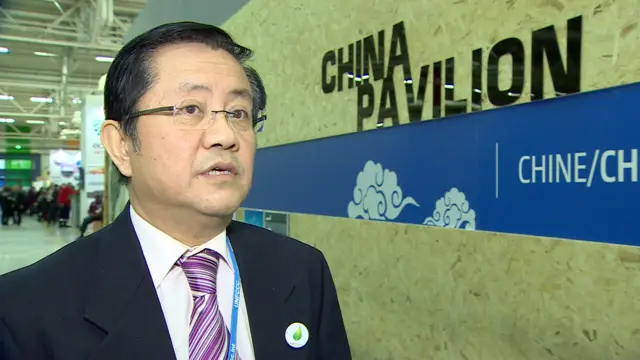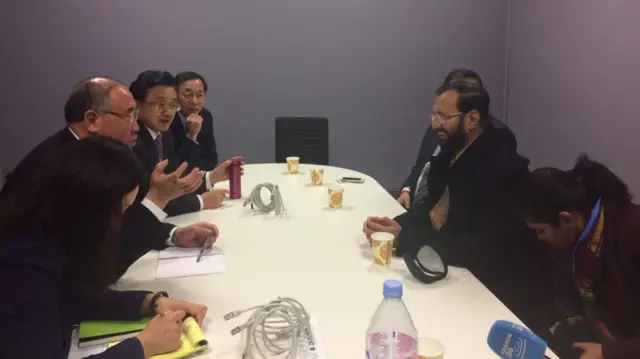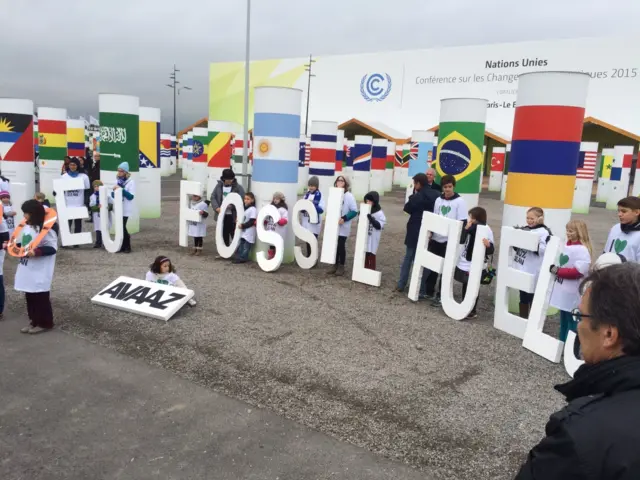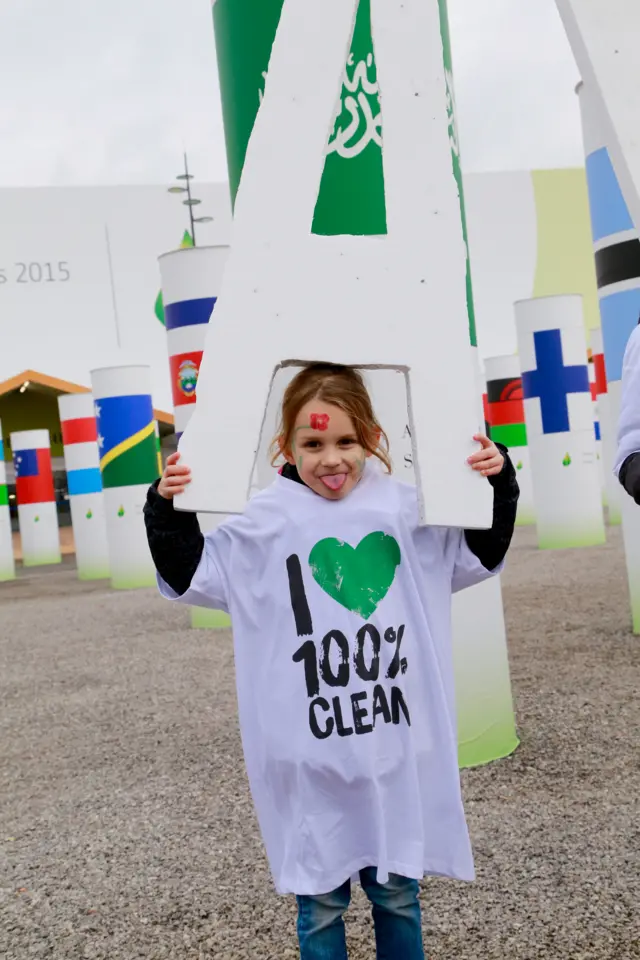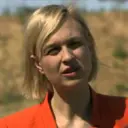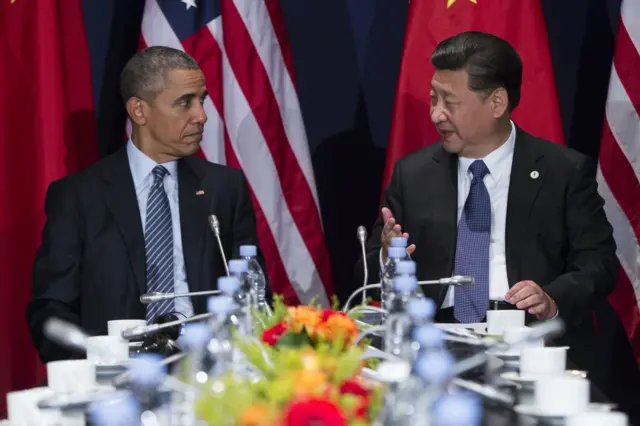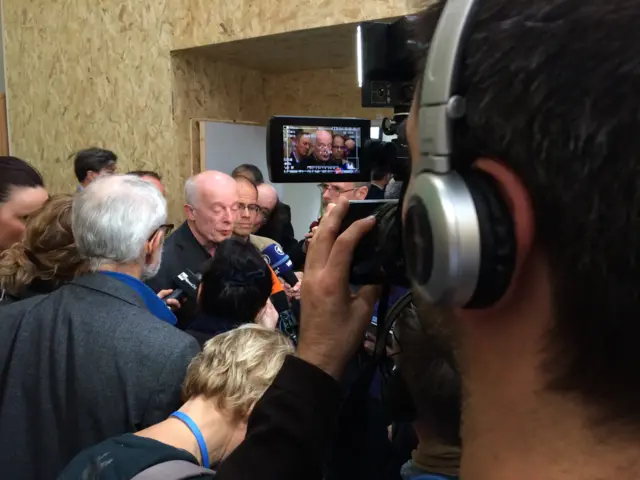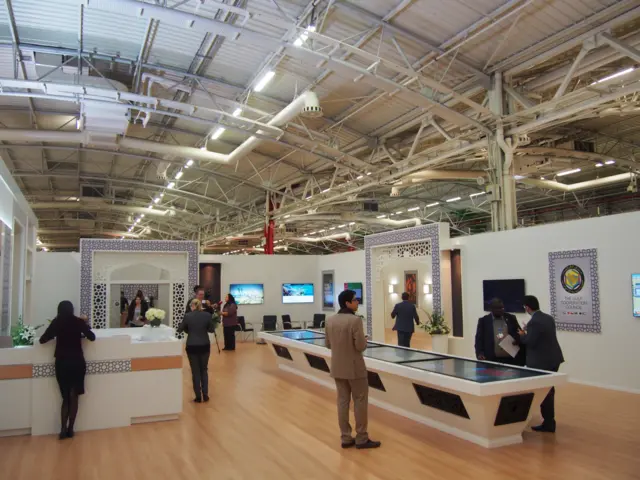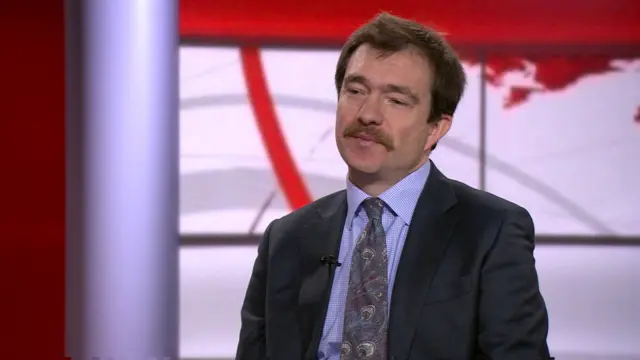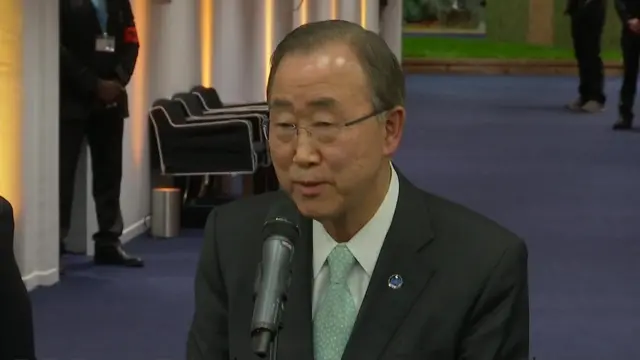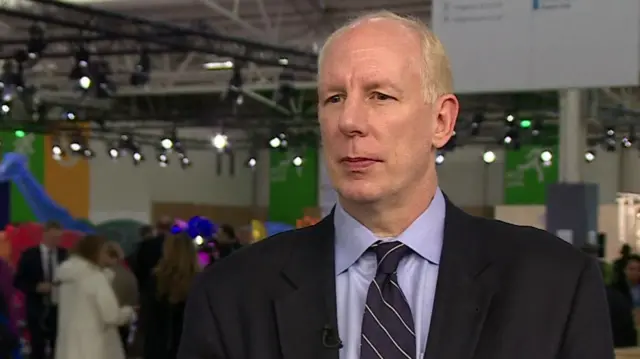Recap: A long week of bracket weedingpublished at 17:58
 Jonathan Webb
Jonathan Webb
Science reporter, BBC News
In multiple small meetings around the sprawling Le Bourget conference site, delegates are debating a draft.
It was released yesterday evening, before the second night in a row of all-night negotiations.
As a reminder, the present document has about 50 square brackets left in it; these indicate places where countries still need to choose between alternative wording.
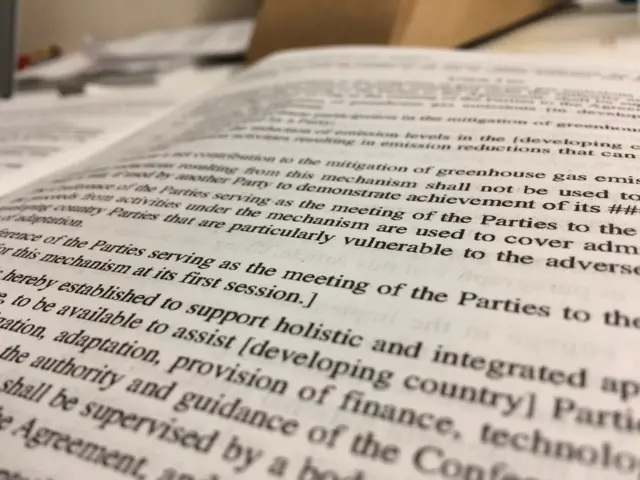
The draft that landed one day earlier, on Wednesday evening, was still strewn with around 300 brackets; the version before that - released on Saturday - was plagued by more than 900.
Conference president Laurent Fabius, spoken of in almost glowing terms by a wide range of participants and observers here, has promised a final draft at 08:00 GMT tomorrow morning - presumably with no brackets in it at all:
Whether or not this revised deadline is met, the overriding feeling here this week has been that COP21 will indeed produce a deal.
And perhaps the most tangible measure of this momentum is the surprisingly rapid pruning of punctuation.
